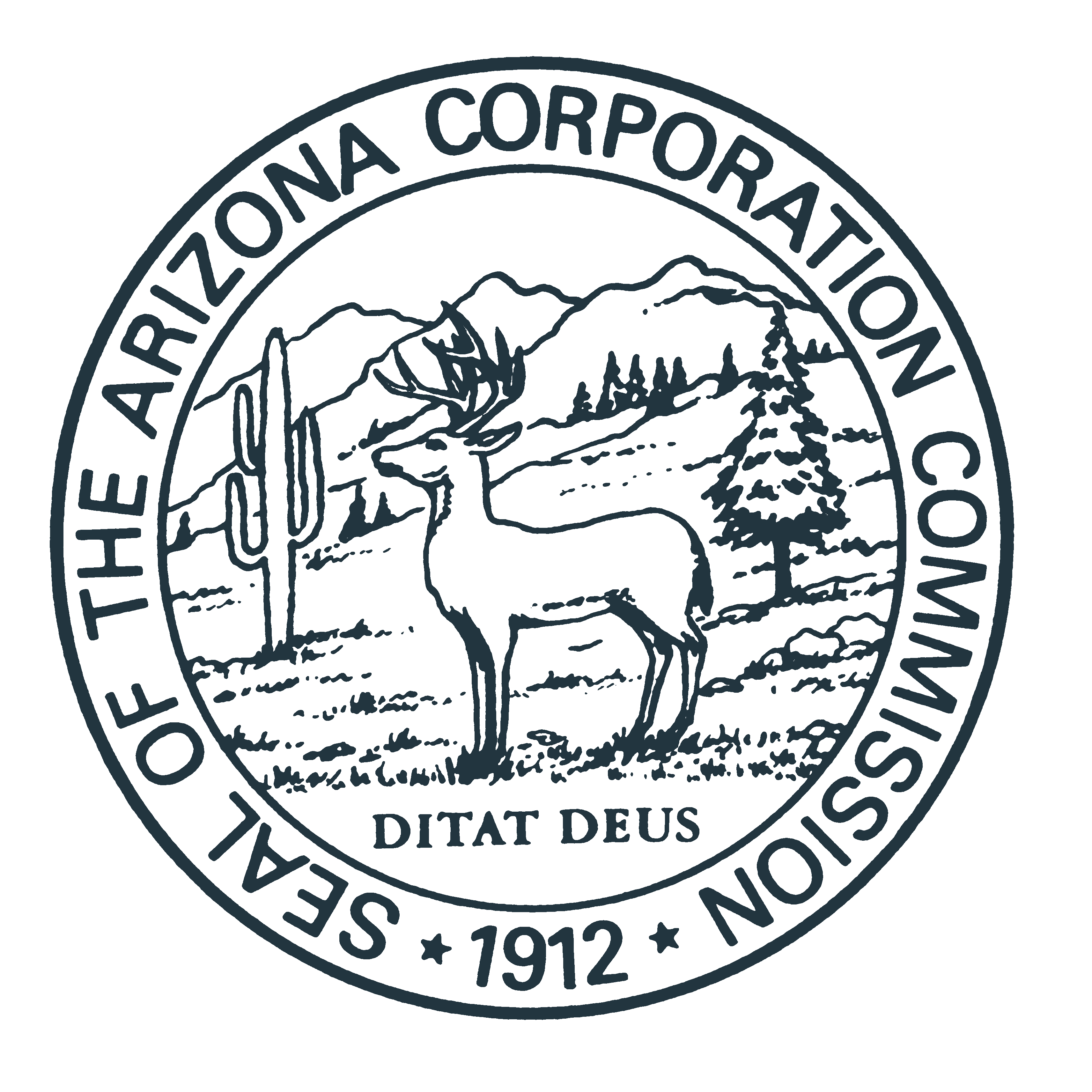The ACC has authority under state law to oversee the construction, operation, and maintenance of intrastate pipelines – basically those pipelines that begin and end within Arizona’s borders, such as those operated by Southwest Gas Corporation, UniSource Energy Services, and various municipal systems. The ACC exercises its authority over these and other intrastate pipeline operators by administering and enforcing Arizona’s Pipeline Safety Rules ( http://apps.azsos.gov/public_services/Title_14/14-05.pdf).
This is the primary function of the AZOPS, which in accordance with the rules, conducts regular inspections of intrastate systems and also performs specialized and construction inspections. If pipeline safety inspectors discover a safety violation, the staff can take the necessary steps to see that the violation is corrected – up to and including recommending fines against the operator.
Under federal pipeline safety laws, the United States Department of Transportation (USDOT) Pipeline and Hazardous Materials Safety Administration (PHMSA), has exclusive regulatory authority over pipelines that are defined as interstate pipelines – those pipelines used to transport gas and hazardous liquids across State lines throughout the nation.
In Arizona, interstate pipelines include natural gas facilities operated by El Paso Natural Gas/Kinder Morgan and Transwestern, and liquid fuel lines operated by Kinder Morgan Energy Partners. Federal pipeline safety laws preempt any State from regulating interstate pipeline safety. Accordingly, only PHMSA may impose sanctions against interstate operators for violating federal pipeline safety regulations.
PHMSA has authorized the AZOPS to perform the required federal inspections and audits of interstate operators with facilities in Arizona. This delegated authority and our ability to perform these inspections for the federal office requires that we adhere to specific conditions and terms contained in the Interstate Agent Agreement, which may be renewed annually. When we find a probable violation of federal pipeline safety standards, we submit a report with recommendations to PHMSA regarding enforcement action. It is then up to the federal office to enforce the federal laws governing pipeline safety.
The AZOPS is audited annually by PHMSA, this evaluation consists of a review of the program including policies and procedures, records, and documents to substantiate the number of inspections and the thoroughness and effectiveness of our program. In addition, all senior inspectors are subject to being selected by PHMSA to be evaluated in the field while they perform their inspection duties. The AZOPS program continues to be one of the most highly regarded State pipeline safety offices in the country.
The National Pipeline Mapping System (NPMS), as a joint government-industry effort between PHMSA, other federal and State agencies and the pipeline industry, is a database that contains locations and selected attributes of natural gas transmission lines, hazardous liquid lines, and other related facilities. You can go online to http://www.npms.phmsa.dot.gov and click on “Find Out Who’s Operating Pipelines in Your Area” to input your county or zip code. The database will provide you with contact information so you can learn more from the pipeline operator. The NPMS National Repository is responsible for collecting, processing, and building a national seamless pipeline database from mandatory submissions of pipeline and LNG facility data by pipeline operators. If you are planning to conduct an excavation, additional information is available by contacting the Arizona 811 Center by dialing 811. Your request for location of buried utilities will be transmitted to all companies with facilities buried in the area of your excavation. The location of these facilities will be marked on the ground within two working days of your initial request for locate.
A comprehensive code compliance Audit is scheduled to be conducted annually on all Intrastate Natural Gas, Liquefied Petroleum Gas (LPG), Liquefied Natural Gas (LNG) and Hazardous Liquid pipeline operators. These Audits include a review of all required operation, maintenance and emergency procedures, operator qualification plans, public awareness plans, pipeline integrity management plans and drug and alcohol plans including records and field inspections to substantiate regulatory compliance. In addition, field inspections of the operator’s facilities are also completed annually.
Collectively, the following companies and municipalities own and operate over 43,330 miles of pipeline serving more than 1.3 million customers within Arizona.
Intrastate Privately-Owned Distribution Operators:
Municipal Gas Operators:
Intrastate Gas Transmission Operators:
Propane Distribution Operators:
Interstate Natural Gas Transmission Operators:
Interstate hazardous gas transmission companies own and operate over 7,000 miles of pipeline within Arizona. There is also one (1) Interstate hazardous liquid pipeline operator that owns and operates a total of 566 miles of hazardous liquid pipeline within Arizona.
Address:
1300 W. Washington Street
Phoenix, AZ 85007
Phone:
Main:
(602) 262-5601
Emergency:
(602) 252-4449
Email:
Fax:
(602) 262-5620

Arizona Corporation Commission
Phoenix Office
1200 W. Washington Street
Phoenix, AZ 85007
> Commissioners
> Executive Director
> Legal
> Utilities
> Docket
> Hearings
Arizona Corporation Commission
Phoenix Office
1300 W. Washington Street
Phoenix, AZ 85007
> Administration
> Safety
> Corporations
> Securities
Arizona Corporation Commission
Tucson Office
400 W. Congress Street
Tucson, AZ 85701
> Corporations
> Hearings
> Utilities
